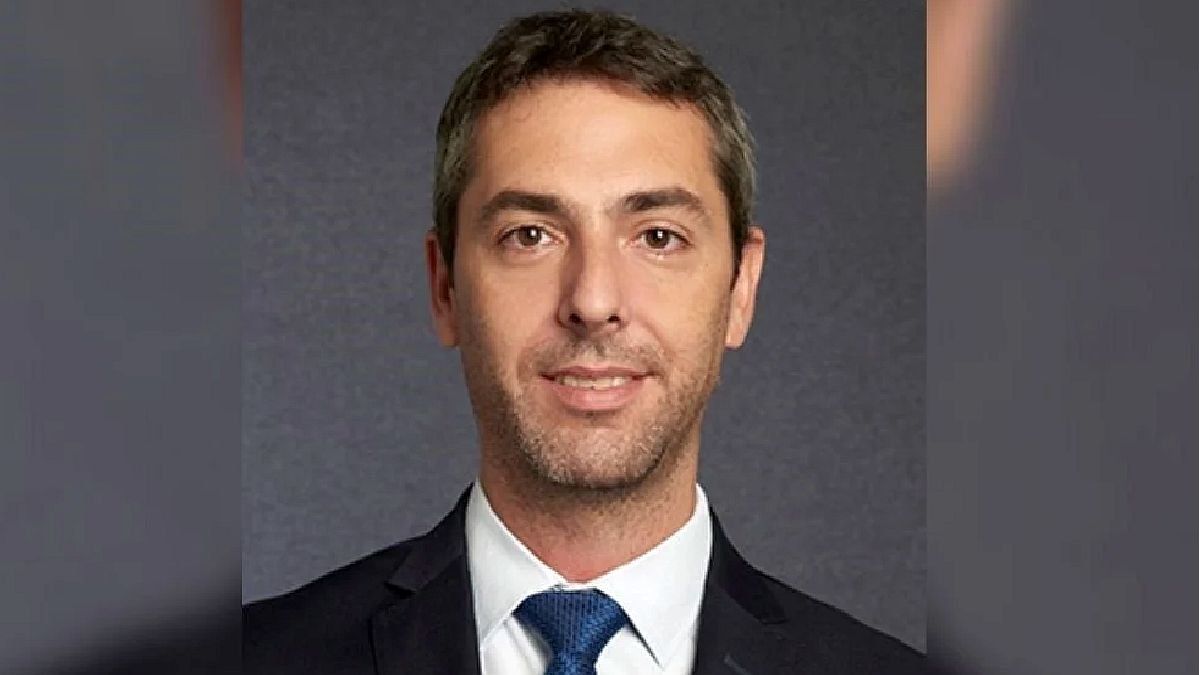This Monday he was first with Gustavo Idígoras, head of the Chamber of the Oil Industry (Ciara). Then he received Diego Cifarelli, president of the milling industry (FAIM). Hang asked for “accompaniment” in the programs, given the shock in prices implied by the sharp rise in commodities and the protectionist measures that countries are taking. In no case was there talk of withholdings, assured sources consulted. “It made a very good impression on us,” the sources commented.
In the case of oil, the problem is complex, given the reports of shortages in gondola. From Ciara they brought him a report with the supply numbers (29 million liters per month), and they assure that the problems are in other sections of the marketing chain. According to Ciara, factory outlet prices only cover 37% of the input cost of refined oils, the rest is covered by the trust financed by the companies, which managed to decouple 50% of what should have been the increase. Currently, the industry has a delay of “legal increases” of 26% in the last 6 months, according to a cost increase formula that was agreed with the same Ministry of Commerce. The annual cost of this trust amounts to $20 billion.
He asked the millers to continue with the Wheat Stabilizer Fund. At the moment there are only three mills that receive a state subsidy to sell industrial flour at half price, and thus contain the price of bread on the shelf. FAIM businessmen reiterated their rejection of the tool and asked to eliminate it. They brought other proposals, such as creating a “Bread card” for the purchase of bread, or using the state subsidy to strengthen the food card or directly subsidizing bakeries. Hang did not rule it out, but asked to continue with the current policy. “He asked us for time,” said a source.
From the Secretariat they told them that there are other mills in the process of entering the subsidy, to encourage more companies to join, given the price difference observed in the market. There are mills that refuse to join because in the last trust implemented 12 years ago, the State owed them a part, in addition to the delay in receiving the state subsidy. The millers who join must sell the flour at half the market price.
In the case of the two existing trusts to try to decouple the price of wheat, there is a proposal from the new Secretariat to unify them. The one financed by the private sector to contain the price of flour and noodles from the supermarket “has funds left for 20 days,” according to what they commented. The other is financed by the State with the proceeds from the increase in withholdings on soybean oil.
For their part, food companies and supermarkets are still awaiting the call to define the future of Care Prices.
looking for the team
In the Ministry of Economy they assure that during the last week he held a series of informal meetings, which included meetings with the Minister of Economy, Martín Guzmán. In addition to making the transfer from the Central Bank and drawing the agenda forward, Hang will have to define his team. According to official sources, the technical team, which includes directors and coordinators, will continue. What should be defined are the two undersecretaries.
Hang was looking for a replacement for Liliana Schwindt, Under Secretary for Consumer Protection, who resigned within hours of Feletti’s departure. The future of Antonio Mezmezián, undersecretary of internal market policy, and Oscar Leguizamón, chief of staff of the Internal Trade Secretariat, is not clear. They are two officials from the Feletti kidney who participated in the meetings this Monday.
Source: Ambito
David William is a talented author who has made a name for himself in the world of writing. He is a professional author who writes on a wide range of topics, from general interest to opinion news. David is currently working as a writer at 24 hours worlds where he brings his unique perspective and in-depth research to his articles, making them both informative and engaging.




